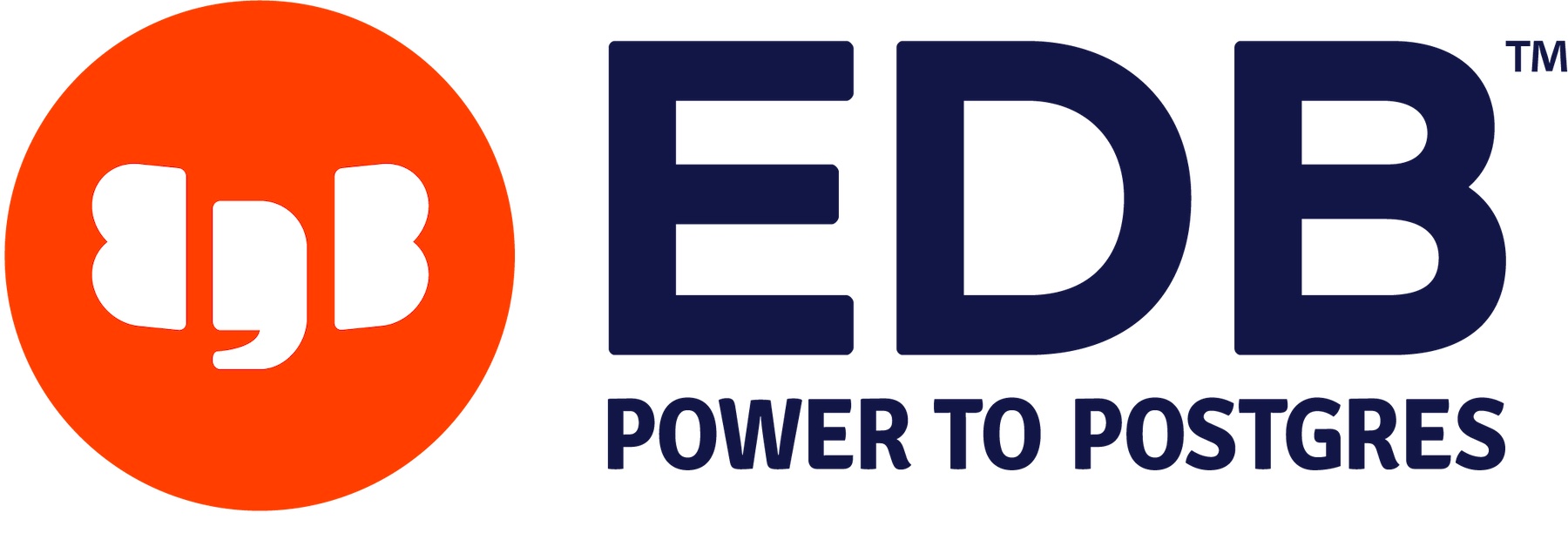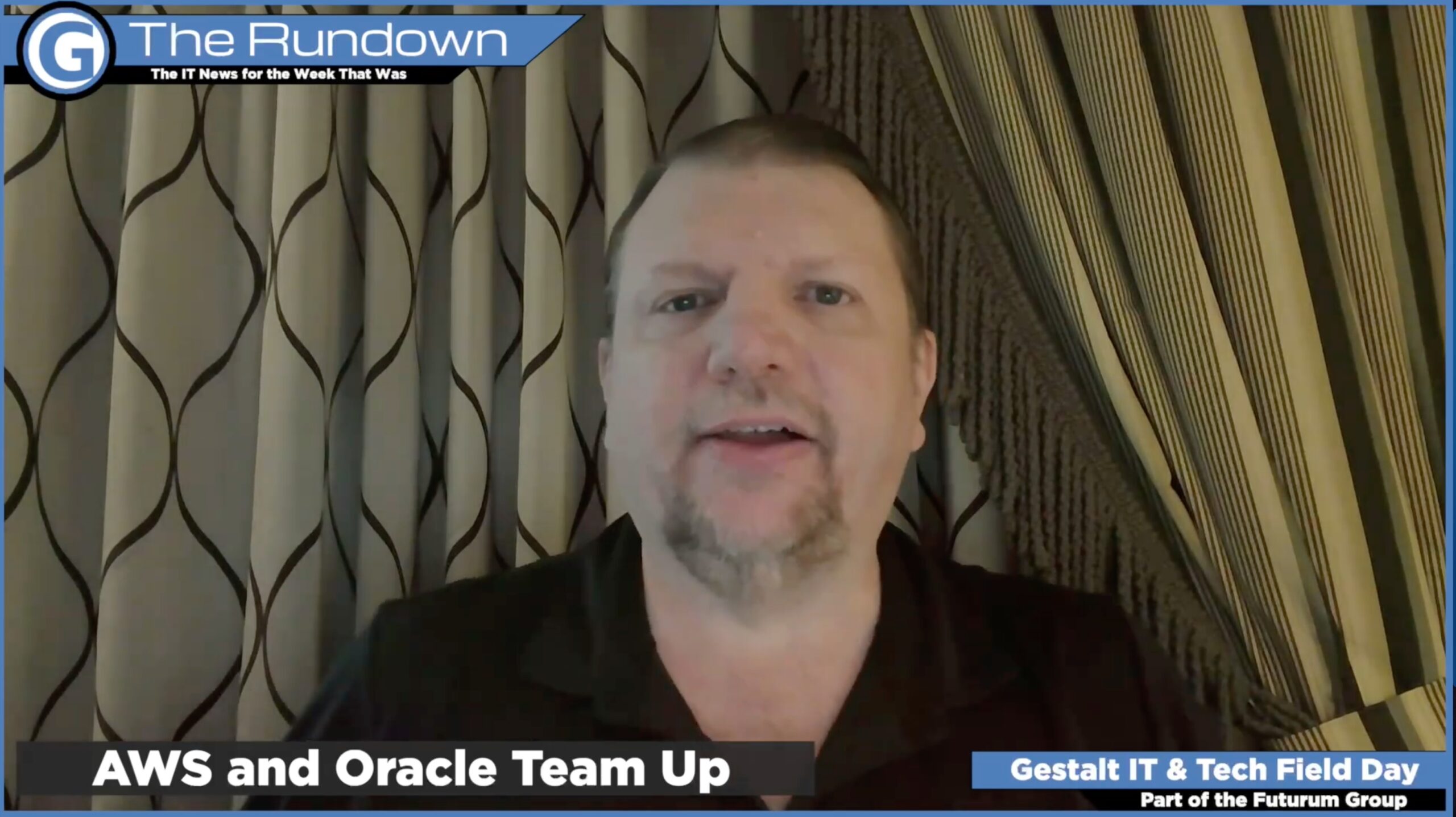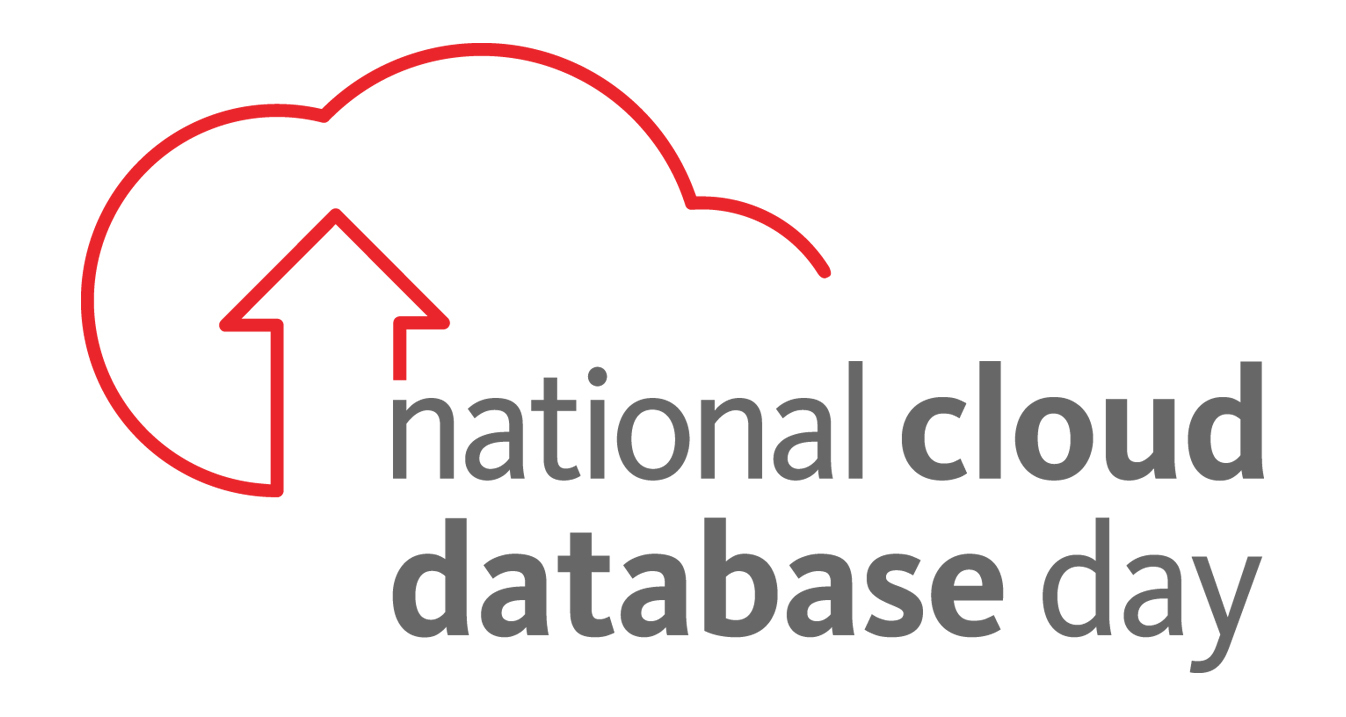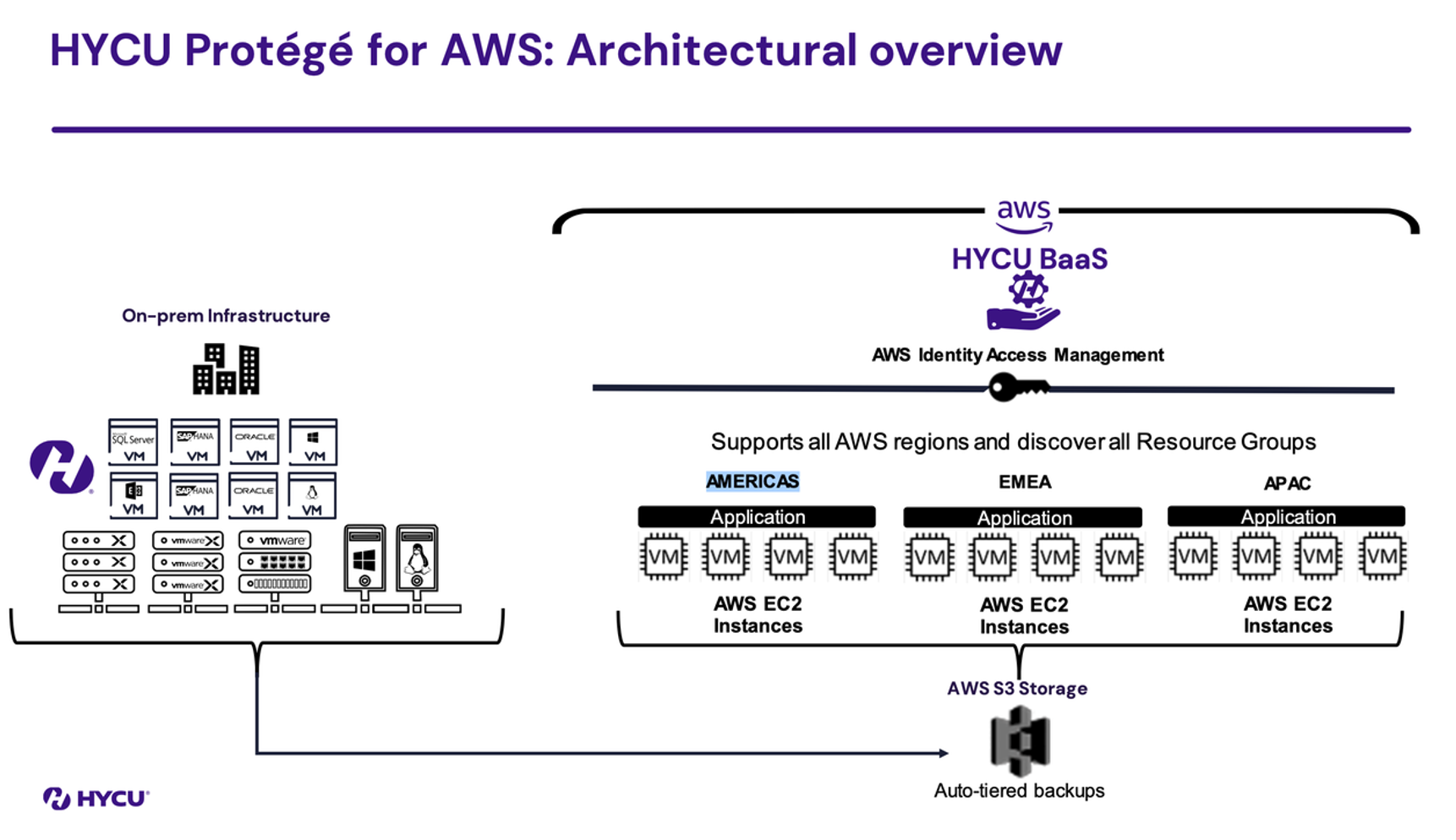When it comes to uplevelling tools, IT companies go one of the two ways – acquire proprietary technologies sold by industry vendors, or build their own low-cost, open source versions.
Torrents of paid proprietary products are filling up inventories every year. On the heels of this, open source projects too are growing in leaps and bounds. Sometime around the turn of this millennium, naysayers that strongly objected to using anything open source, became converts and are now its biggest advocates.
Open source allows engineers to create their own code and share it with the community, that over time gets perfected as more people work on it. This fosters a culture of collaboration and sharing, as is evident in the PostgreSQL community.
PostgreSQL is one of fastest-growing database technologies out there today. According to the 2023 Stack Overflow Developers’ Survey, it is the number one choice of pro developers.
The popularity of PostgreSQL has pushed a lot of competing commercial solutions to the fringes, and while no one was watching, a whole ecosystem grew up around it, shoring up adoption.
So Gestalt IT met up with EnterpriseDB – nicknamed EDB – a leading contributor of PostgreSQL and a very familiar name in the open source database management system (OSDBMS) space, to dig up more on the rise of PostgreSQL, and learn about their role in engaging more organizations in open source.

Flexibility over Functionality
Though all of history, there have been technologies that were too problematic to adopt, but too useful to be canceled. Oracle has something of a similar reputation in its user base. It’s complex architecture and large footprint are its two biggest barriers of adoption. It’s difficult to do simple things on Oracle. This, coupled with poor and costly customer service, has thrown significant curveballs at new users. What Oracle lacks in customer support, it tries to make up with a broad knowledge base, but it does nothing to lower the solution’s insanely high learning curve.
By comparison, PostgreSQL offers a point-and-click simplicity and convenience that is in direct contrast to Oracle’s intricacy. Designed to handle high concurrency, PostgreSQL is easy to use, and the first choice of a large number of Python developers.
Postgres also affords users substantial cost savings. It’s no secret that Oracle is expensive – there is no two ways about it. While, it helps to totally move away from Oracle to reap the maximum economic advantages of Postgres, Chandler Hoisington, Chief Product Officer says, Oracle also offers a wealth of capabilities that users, for the most part, seem to like and wish to retain. Good news is, just with Oracle workflows duplicated to PostgreSQL, they spend less than they did on Oracle.
This debate is at the heart of what EnterpriseDB does. At its core, it is a company that is working to democratize PostgreSQL, where everyone can start using it, even the people using Oracle.
“We’re working on more ways that you could use Postgres, instead of having to bring in more complexity to your stack with additional databases,” he said.
Hoisington, who is an ex-Amazon engineer, came aboard less than a year ago. Hoisington has followed the growth of the PostgreSQL community with a close eye and is proud to be a part of the ecosystem.
Migrating from Oracle is not an easy option considering the amount of rewriting of code it warrants, he said. EnterpriseDB cuts these users a middle ground where they can continue to use Oracle but interface with the much simpler PostgreSQL.
“We don’t want to just be an Oracle rip-out company at the end of the day. But if it is something that customers want help with, there’s a big reason why they want to move to Postgres,” Hoisington said.
Dovetailing Licensed and Open Source Databases
The industry around Postgres started to come together some years back as IT teams started to look for an escape from the complicated experience of using several different databases at the same time.
“There’s an interesting trend happening where folks are coming around asking if they can just use Postgres without needing to bring in a particular database and all this additional complexity to their stack,” noted Hoisington.
For them, EDB has just the answer they want to hear. EDB has solutions that let Oracle users leverage the ease of use and out-of-the-box capabilities of Postgres, but rarely by getting off of Oracle.
EDB is Oracle-compatible, a feature that has been its mark of distinction for the last two decades it has been in the business.
“A lot of companies still want a drop-in replacement,” said Hoisington.
But EnterpriseDB has a different way to skin the cat. With EPAS (EDB Postgres Advanced Server), their enterprise solution, EDB sands off the rough edges of Oracle by swapping out the interface of Postgres and making it look like Oracle. The result is the same familiar look and feel, but with the infinitely simpler usability of PostgreSQL running at the backend.
EnterpriseDB offers users a preliminary compatibility check to avoid surprises and unknowns. An analyzer determines their compatibility with EPAS. The portal is not 100% accurate, said Hoisington, but overall, it does a decent job of providing a general estimate of the amount of work that would be needed to move off of Oracle. Good news is, a vast majority of the companies score somewhere around 80% compatibility with EPAS which makes adoption less of a headache.
Putting Back the Missing Pieces
Oftentimes, capabilities get lost in the shuffle. To make sure that the users are not missing Oracle’s native security features, EDB implements all the components that customers need from Oracle into EPAS making sure that they have the interface that gets the job done most effectively.
With more features imported from Oracle and embedded into EPAS over time, the interface looks more and more like Oracle. This has attracted a lot of non-Oracle customers who come in simply to use the additional features that EPAS offers out of the box. Users can switch between the Oracle and non-Oracle compatibility modes based on what they have in their environment.
“The main value is the Oracle compatibility, but almost serendipitously, we ended up implementing a lot of other really great value for our customers to help them get off of Oracle,” said Hoisington.
Over time, as EnterpriseDB has enriched the solution by absorbing newer features off of open source, it has resulted in a broad support service that it currently extends to several other open source projects, namely, pgBackRest and pgvector.
“This ecosystem of things that we continue to support helps push those communities forward,” he says.
An Always-On Database
“If you were to look around on the Internet, and see the main reason people would move off of Postgres, they would say it’s because they have issues with scaling horizontally,” said Hoisington.
EDB addresses this with Postgres Distributed, a product they inherited from their acquisition of 2ndQuadrant. The acquisition of 2ndQuadrant in 2020 was a major milestone on the road. Postgres Distributed fell onto their lap as a ready solution designed to solve the scalability demands for one, and bring to customers the coveted 99.999% availability and uptime.
So far, EDB was focused on on-prem delivery, but post-acquisition, they upped the ante by entering the bigger game – hybrid cloud. “When we acquired Second Quadrant, around that same time, we decided that we want to get into the cloud game,” said Hoisington.
The next step was a DBaaS (Database As-a-Service). The fuel for this came from the same acquisition. Among the products, EnterpriseDB acquired from 2ndQuadrant was a Kubernetes Operator for Postgres that they went on to combine with their years of deployment experience, and built BigAnimal, a fully-managed cloud database-as-a-service.
The service today runs on all three top cloud vendors on their managed Kubernetes services, and now following a recent partnership with Google, the Kubernetes Operator is available to install directly on GKE Autopilot and GKE Standard, from Google Marketplace.
Lately, this has earned EnterpriseDB a lot of attention in the Kubernetes community, but for now, they are content with doing what they do best. “We’re focused on hitting our numbers in financial services, and healthcare worlds that we’re used to,” said Hoisington.
Postgres Distributed on BigAnimal was announced just recently, making Postgres-as-a-service available to run anywhere in world.
A big portion of EDB’s work is centered on making PostgreSQL performance features available to the customers well ahead of the release cycle. “Our folks at EDB who are working on Postgres aren’t just working on the cool mix of features that customers are asking for, but they’re also working on the not-so-glamorous performance features that might not even make it in every release.”
Wrapping Up
Open source projects have permeated every sector that paid applications have ever touched. This is underpinned by the rise of open source database systems like PostgreSQL. While a majority of the IT community is excited about PostgreSQL, few know how to tap into its potential. For them, EnterpriseDB offers a line of handy solutions that act as the missing link, melding Oracle‘s capabilities with the convenience and practicality of PostgreSQL, all while giving customers the care and feeding they need to go open source.
For more information, head over to EnterpriseDB’s website. For more stories like this one, keep reading here at Gestalt IT.




